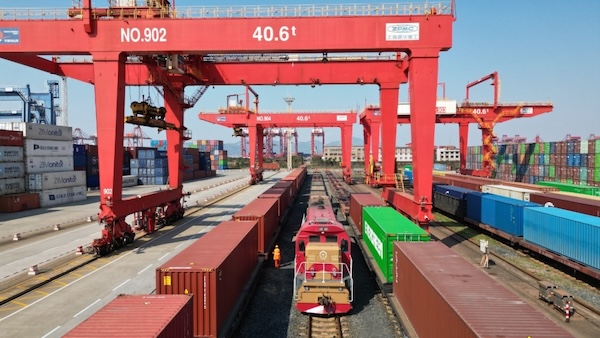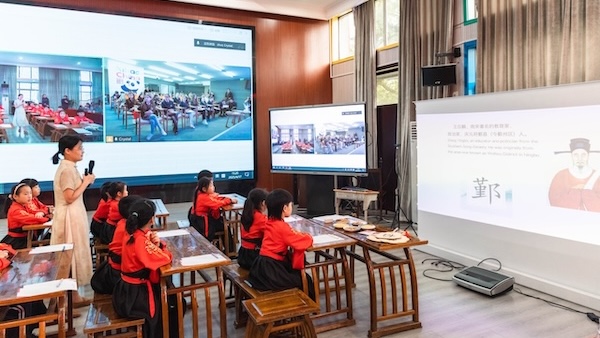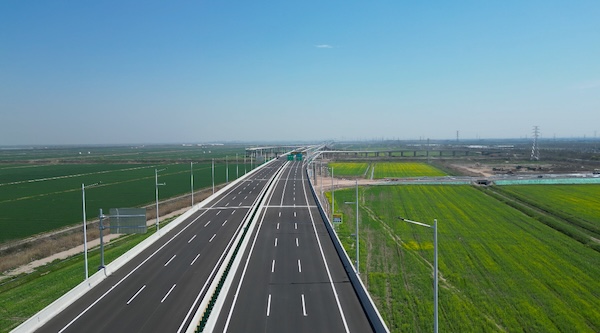Textile, garment enterprises reap dividends from RCEP
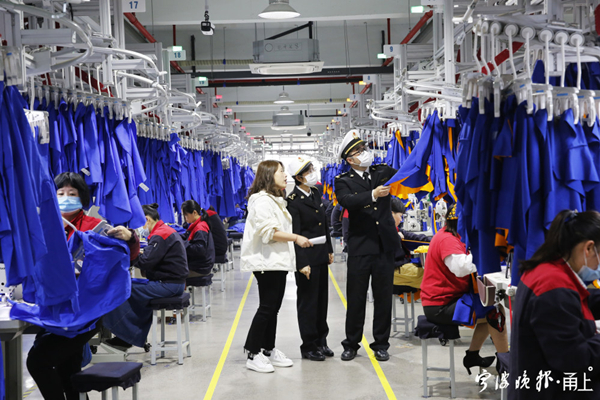
A customs official inspects a textile factory in Ningbo, East China's Zhejiang province. [Photo/Ningbo Evening News]
A total of 7,821 Regional Comprehensive Economic Partnership (RCEP) certificates of origin were issued for $369 million worth of textile and garment exported from Ningbo, East China's Zhejiang province in 2022.
The number of the certificates and value of the exports accounted for 31.92 percent and 33.61 percent of the city's total respectively, according to official statistics from Ningbo Customs.
One beneficiary of the certificates is Ningbo Shenzhou Knitting Co Ltd, which obtained 493 certificates of origin for $84.51 million worth of exports to countries like Vietnam and Japan in the past year.
In addition, 15 companies like Ningbo Seduno Import and Export Co Ltd were issued 1,513 RCEP certificates of origin for exports valued at $3.19 million after they were included in the Authorized Economic Operator (AEO) program.
Currently, 73 percent of RCEP certificates of origin can be applied via machines in Ningbo and 94 percent of them can be self-printed by applicants.
In January this year, Nignbo Customs issued 2,811 such certificates for the exports of textile and garment valued at $38.76 million, up 177.49 percent and 147.38 percent respectively.
The RCEP involves 10 ASEAN member states, China, Japan, South Korea, Australia and New Zealand. The 15 states account for about 30 percent of the world's total population, gross domestic product and trade.
More than 90 percent of goods traded between member countries will eventually be subjected to no tariffs, according to the agreement.

 Ningbo seabird project seeks international volunteers
Ningbo seabird project seeks international volunteers  Jakub's journey: From shipyard to sea
Jakub's journey: From shipyard to sea 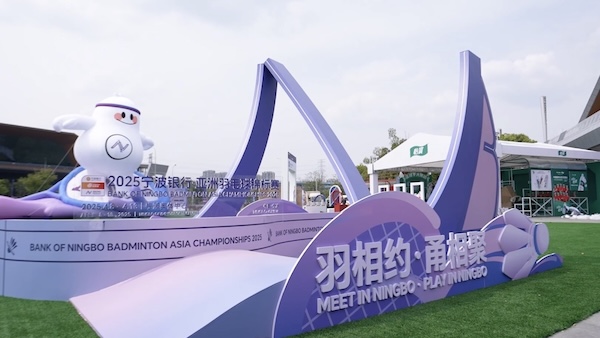 Badminton Asia COO applauds Ningbo
Badminton Asia COO applauds Ningbo 